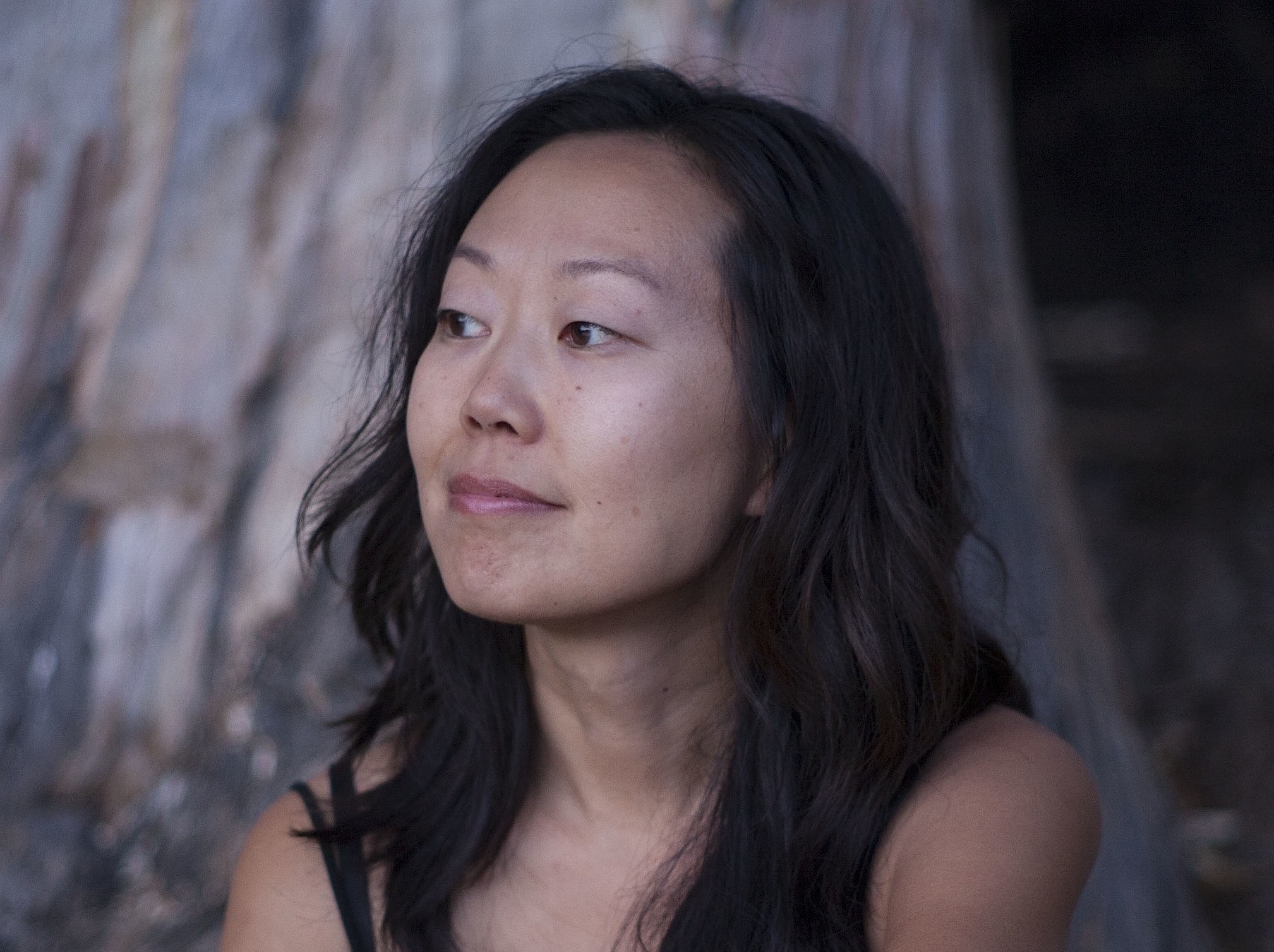
Instagram: @christychanart
Website: https://www.christychan.com/
Bio: Christy Chan works across video, installation, narrative film, object design, community engagement and public art. Informed by her early years in the rural South, her work uses both direct and subtle approaches to deconstruct and question the social codes and everyday power structures that normalize racialized violence in the United States. Her work has been featured in exhibitions at the Yerba Buena Center for the Arts and Mills Art Museum in the San Francisco Bay Area; Film Independent in Los Angeles; Wassaic Project x NY Council of the Arts in New York; Utah Museum of Contemporary Art in Salt Lake City; Bemis Center for Contemporary Art in Omaha; and on NPR, among others. Chan is the recipient of a Guggenheim Fellowship, Creative Capital Award, Fleishhacker Eureka Award and Kenneth Rainin Fellowship. She is the founder of Dear America, a guerrilla public art project that projects the artworks of AAPI artists onto high-rise buildings throughout the Bay Area in response to anti-Asian racism. Her independent film “Somewhere To Be” will be screening beginning in Fall 2025. She lives in Richmond, CA.
Statement: I create art in order to question the everyday power structures and social codes that normalize racialized violence in the United States. Using a combination of video, installation, object and textile design, performance and participatory art interventions, my projects often deploy absurdist humor or personal risk to make the invisible visible. During the Obama presidency, I wanted to expose the fact that the KKK was resurging. The Long Distance Call (2015) was a live reenactment of conversations between myself and "Miss. Anne," a fifth generation KKK seamstress in Alabama. During the original phone calls in 2012, I hid my racial identity and pretended to be a white American in order to convince Miss. Anne to custom-fabricate Klan robes for my projects. I later used the robes to film my actors in As Seen on TV (2015) and other videos that critiqued the normalcy of white supremacy. In 2021, in response to Covid-related, anti-Asian violence, I launched Dear America, a mobile, guerrilla public art project that projected art works by myself and other Asian American artists on the walls of high rise buildings throughout the Bay Area, sometimes up to 25 stories tall, as a solidarity response. As someone who grew up in the South, I often think about how the illusion of “beauty” and keeping things “nice” is an excuse to preserve patterns of violence. Fainting couches were racially exclusive furniture items used by Southern women in corsets, and the act of losing consciousness and retreating from life was historically idealized as privilege and beauty. In 2022, after my hometown became the first county in the U.S. to ban DEI in schools, I wanted to transform this furniture object into a platform for the public to question America’s history of racial privilege. I re-upholstered an 1890s fainting couch with my custom textile, a grene collage of birds with female human arms in strange corseted gestures. In a reversal of the couch’s original use, I then invited participants of all backgrounds to rest on it and contribute their thoughts on the current political moment to a video quilt. In a time when many Americans feel burnt out by conversations on white supremacy, I believe that making art is a powerful way to encourage dialogue and open conversations.